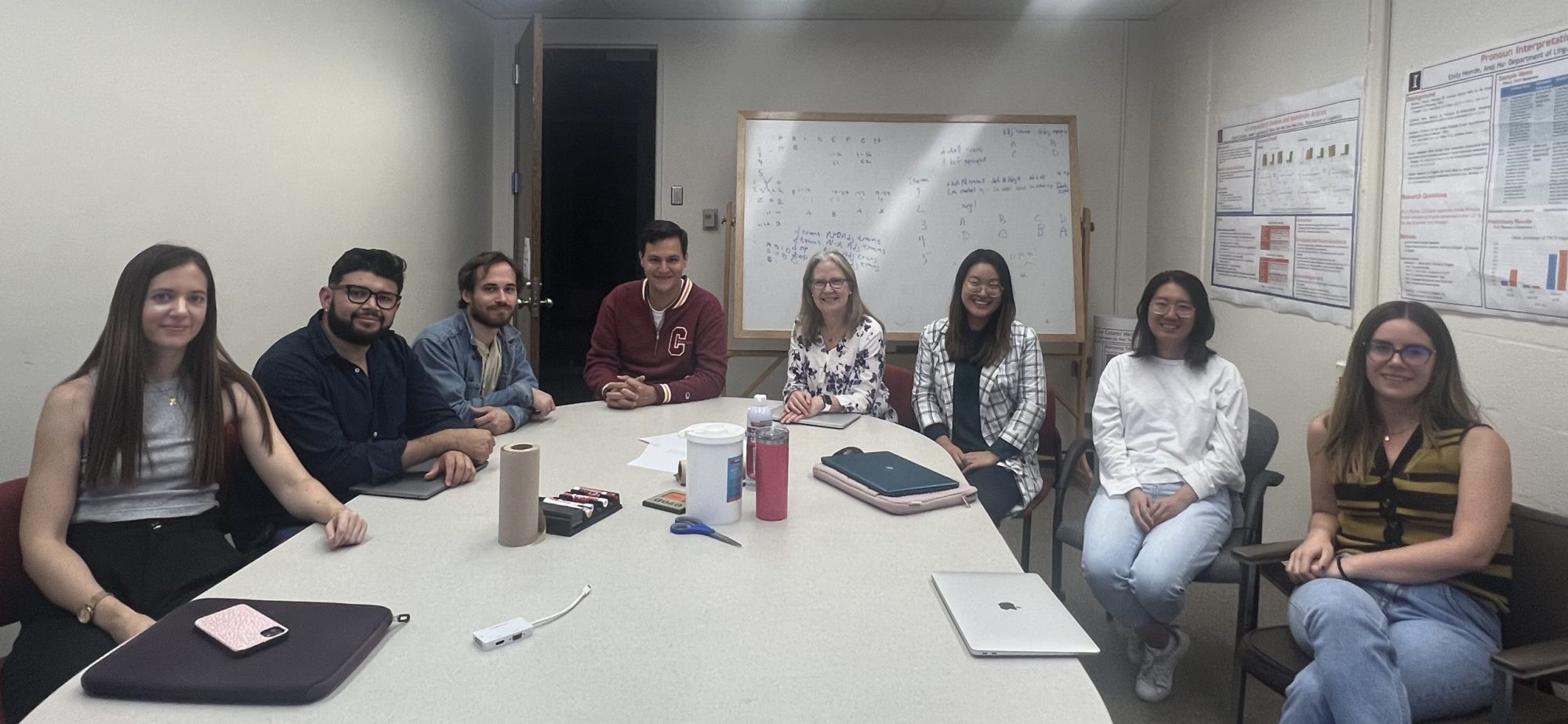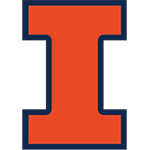About the Lab
Located in G70 in the basement of the Literatures, Cultures, and Linguistics Building (LCLB), the SLAB lab came about in spring 2007 to serve the research needs of faculty and graduate students working on psycholinguistic aspects of second language acquisition.
The SLAB lab is the result of a joint effort involving the Department of Spanish and Portuguese, the Department of Linguistics, The School of Literatures, Cultures and Linguistics, the College of Liberal Arts and Sciences and the Office of the Vice Chancellor for Research.
Some of our current projects are funded by the National Science Foundation.
Facilities
- 6 individual computer stations (5 with partitions) with access to internet
- 2 eye trackers (EyeLink 1000 and EyeLink 1000 Plus camera with software for tracking pupil movement and dilation during reading and looking tasks)
- Audio recorders
- Software to collect reaction times (E-Prime, Paradigm)
Our Research Focus
The SLAB facility brings together faculty, graduate and undergraduate students interested in experimental phonology, syntax, semantics and morphology, as well as those interested in cognitive, linguistic and psycholinguistic aspects of second language acquisition and bilingualism in children and adults.
Questions we pursue in this lab are
- how different structural aspects (morphology, syntax, semantics, pragmatics) of first and second languages are represented in the minds of individuals
- how speakers and hearers access and process different aspects of language when using their first and second languages
- how knowledge and processing change during the process of second language learning and first language loss
Experimental Methods
- On-line and off-line grammaticality/acceptability judgment tasks
- Oral and written elicitation tasks
- Truth value judgment tasks
- Cross-modal and visual primed lexical decision task
- Cross-modal priming tasks
- Picture naming tasks
- Pictures selection tasks
- Auditory and visual on-line sentence processing tasks
- Eye-tracking
- Reading tasks
- Verbal report / think aloud tasks
- Oral interaction tasks


